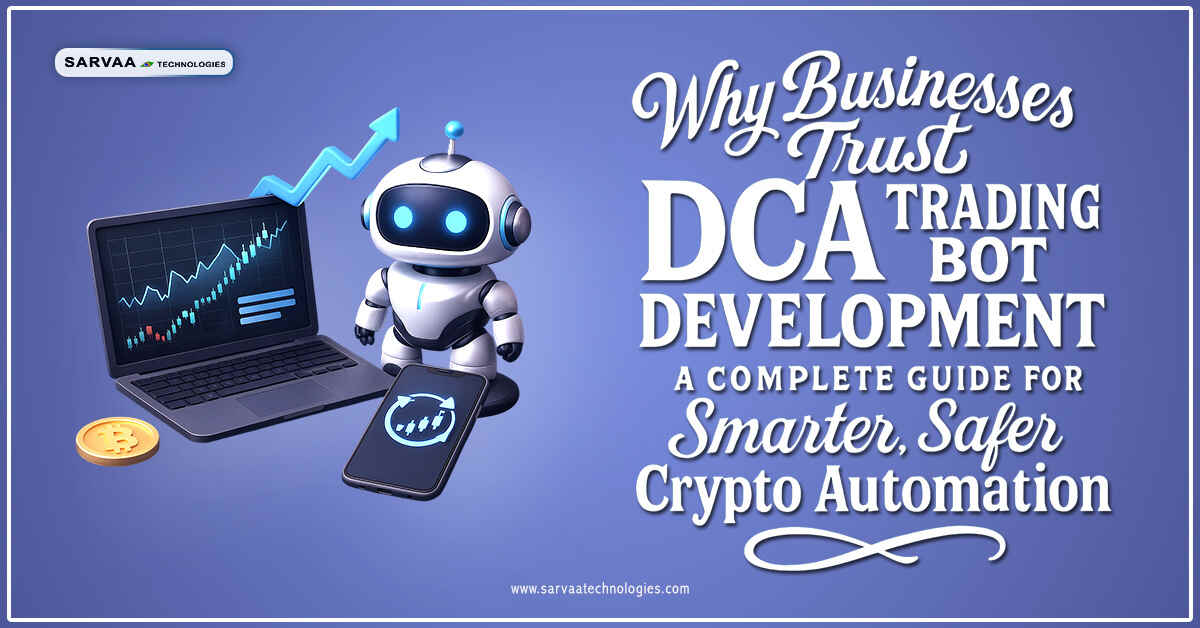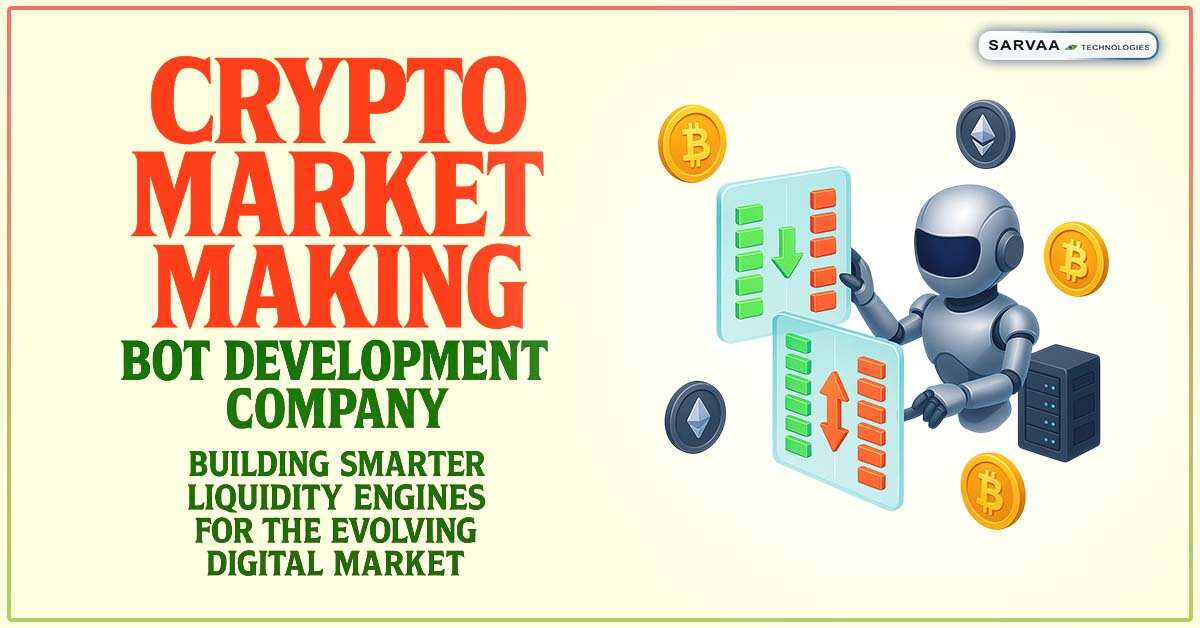Introduction: The Pressure to Evolve
In today's hyperconnected world, businesses are constantly grappling with the need to stay relevant, efficient, and competitive. Off-the-shelf solutions often offer quick fixes, but rarely align perfectly with a company’s unique workflows, customer needs, or long-term goals.
As technology rapidly evolves and user expectations skyrocket, companies are waking up to a critical realization: custom software solutions aren't a luxury—they're a necessity.
This blog discusses how custom-built software enables companies today, addressing real-world problems in industries ranging from operational inefficiencies and scalability to security and data fragmentation.
The Problem with One-Size-Fits-All Solutions
Pre-packaged software tends to promise ease, affordability, and rapid deployment. Yet, these solutions can become significant roadblocks when they fail to scale or integrate with current systems. Some of the typical limitations that businesses encounter are:
Limited Flexibility: You're locked in with features you don't require and might miss out on necessary functionality.
Integration Issues: Integration with legacy systems or third-party tools is a nightmare.
Scalability Bottlenecks: When your business expands, the software might have difficulty accommodating new workflows or traffic spikes.
Security Risks: Shared infrastructure and lack of customization expose businesses to attacks.
Lack of Competitive Advantage: When everybody uses the same tools, it's hard to differentiate.
Short and sweet, generic solutions might keep you alive, but they rarely help you succeed.
The Rise of Custom Software Development
Custom software is designed specifically for your business—your processes, your objectives, and your users. It's not reinventing the wheel; it's making sure that the wheel is cut to fit your path exactly.
Let's examine how custom solutions provide real benefits:
1. Perfect Fit for Your Workflow
Rather than making your team learn to use the software, custom solutions learn to suit your team. If you own a logistics firm that operates sophisticated supply chains or an ed-tech platform that delivers customized learning plans, a system that is specially designed ensures technology complements your operations instead of complicating them.
2. Better Integration Capability
Today's companies depend on a galaxy of tools—CRM, ERP, payment gateways, third-party APIs, and so on. Custom software unites these platforms effortlessly, automating manual processes, synchronizing data automatically, and increasing productivity.
3. Scalable Growth
Your business is ever-evolving. Custom-developed platforms can grow alongside your changing needs. Whether you're adding more users, rolling out a new service, or going global, your software can scale seamlessly without missing a beat.
4. Stronger Security
Security is not a one-size-fits-all solution. Custom development allows for the implementation of security protocols tailored to your business model. Role-based access control, end-to-end encryption, and industry regulation compliance can be baked into the system architecture.
5. Data-Driven Decision Making
Custom dashboards, smart analytics, and customized reporting features mean you're not collecting data—but getting actionable insights from it. You choose what metrics are most important and how they're displayed.
Real-Life Use Case: A Logistics Platform Transformed
Imagine a medium-sized logistics company with antiquated software that couldn't support real-time fleet monitoring, route optimization, or invoice integration. With a changeover to a tailor-made solution customized to their operations structure:
- They recorded a 30% rise in delivery efficiency.
- Customer grievances fell by 40% due to improved monitoring and alerts
- Invoices became automated and linked to accounting software, reducing processing time by 60%.
This was all about transforming, not tech buzzwords—it was about solving everyday pain points with smart, flexible solutions.
Emerging Tech: Accelerating Custom Solutions
Custom software today is not simply desktop apps. With emerging technologies such as AI, blockchain, IoT, and cloud-native architectures, businesses can get ahead of the curve.
AI & Automation
From customer query-answering chatbots to AI algorithms predicting inventory requirements, intelligent automation is eliminating human errors and enabling new levels of productivity.
Blockchain Integration
For industries such as finance, healthcare, and supply chain, blockchain introduces transparency and trust. Smart contracts, decentralized data management, and tamper-proof records are now integral to mainstream business offerings.
Cloud and Microservices Architecture
The days of monolithic applications are over. Cloud-native and microservices-based systems enable quicker updates, risk handling in isolation, and improved resource utilization.
The User Experience Advantage
Perhaps the least talked about but most significant benefit of custom software is user experience (UX). When users—employees or customers—engage with a platform that is intuitive, quick, and purpose-built, satisfaction and adoption rates increase exponentially.
- Employees are empowered, not frustrated.
- Customers have smoother onboarding, quicker service, and more personalized touchpoints.
- Management has better visibility into performance and KPIs.
Cost vs. Value: Is Custom Worth It?
Let's talk about the elephant in the room—custom software can look pricey upfront. But hear this:
- How much are inefficiencies costing you every year?
- How many leads are being lost from suboptimal CRM functionality?
- What's the long-term cost of data breaches?
- How much time is being wasted toggling between mismatched systems?
When considered an investment, custom software typically delivers a greater ROI than any out-of-the-box option.
Conclusion: The Future Is Tailored
As industries become increasingly digitized, custom software development isn't reserved for the tech savvy—it's a pragmatic way forward for any organization seeking to innovate, expand, and lead. It enables companies to move more quickly, serve more effectively, and work smarter.
Regardless if you're a startup innovating in your sector or an incumbent going through digital transformation, being able to craft software that caters to your specific objectives is the difference between conforming and thriving.






